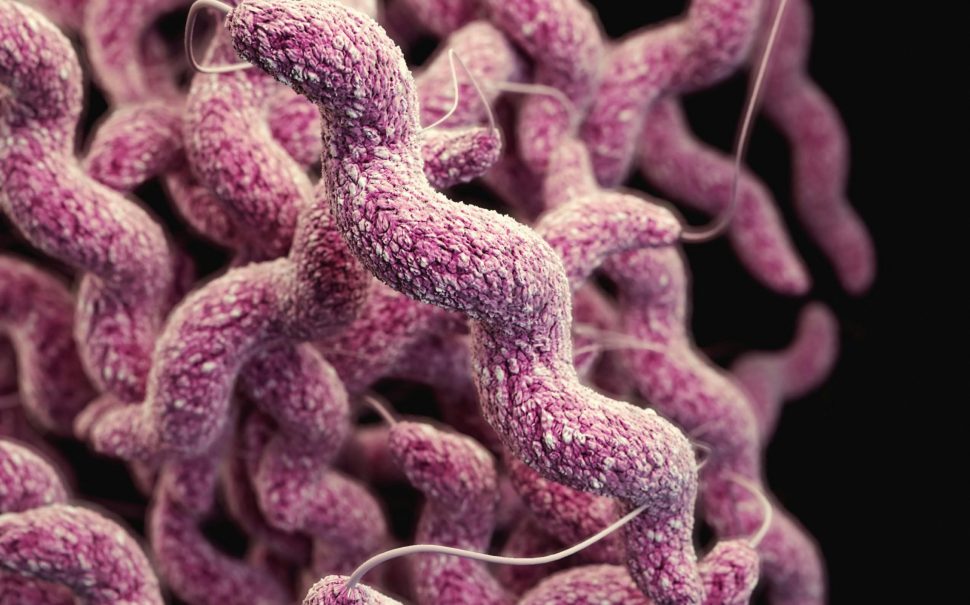Cases of Salmonella and Campylobacter, bacteria that cause food poisoning, have reached a 10-year high in the UK, latest data from the UK Health Security Agency (UKHSA) reveals.
Salmonella cases increased by 17.1% from 2023 to 2024, with rising from 8,872 cases in 2023 to 10,388 cases in 2024.
Similarly, Campylobacter cases rose by 17.1%, from 60,055 in 2023 to 70,352 in 2024.
Campylobacter infections were most common in people aged 50 to 79 years, whereas Salmonella infections particularly affected children under 10.
Dr Gauri Godbole, Deputy Director, Gastrointestinal infections at UKHSA said: “Our extensive surveillance is showing high levels of gastrointestinal infections in England. We continue to work closely with partners to detect, investigate and halt the spread of infections.”
Salmonella and Campylobacter are usually contracted by eating food that is contaminated with the bacteria.
However, infection can also occur through close contact with infected people and by cross-contamination, like using the same kitchen utensils for both cooked and uncooked foods.
These infections usually cause typical food poisoning symptoms such as diarrhoea, stomach pains and cramps, vomiting and mild fever.
UKHSA warned that young children, elderly adults and those with weakened immune systems should take extra care as they are at higher risk of developing severe illness.
While most people with Salmonella recover without medical attention, approximately one in 50 cases result in serious infections, such as those that enter the bloodstream and cause sepsis, which is a medical emergency.
However, deaths from Salmonella are very rare in the UK, occurring in 0.2% of all reported infections.
Professor Rob Kingsley, Professor of Microbiology at the Quadram Institute, wrote in an article for The Conversation: “Salmonella infections are typically contracted from contaminated foods. But a key challenge in controlling Salmonella in the food supply chain lies in the diverse range of foods it can contaminate.
“It’s premature to draw definitive conclusions regarding the causes of this recent increase in Salmonella cases. But the recent UKHSA report suggests the increase is probably due to many factors.”
Dr James Cooper, Deputy Director of Food Policy at the Food Standards Agency, said: “Public safety is our highest priority. The FSA works closely with UKHSA and other partners to monitor and assess the latest food borne disease data.
“We are working together to understand the reasons behind the rise in Campylobacter and Salmonella cases, as well as trends in other pathogens.This analysis will help us take the necessary action to protect public health.
“When preparing food at home, people can reduce their risk of food poisoning by following good hygiene practices and by following advice on the 4Cs of food hygiene: chilling, cleaning, cooking, and avoiding cross-contamination.”
For more details on food hygiene, go to: Food Standards Agency: Food safety and hygiene at home.To learn more about how to recognise sepsis, visit The Sepsis Trust.
Cover photo of Campylobacter bacteria, by CDC on Unsplash





